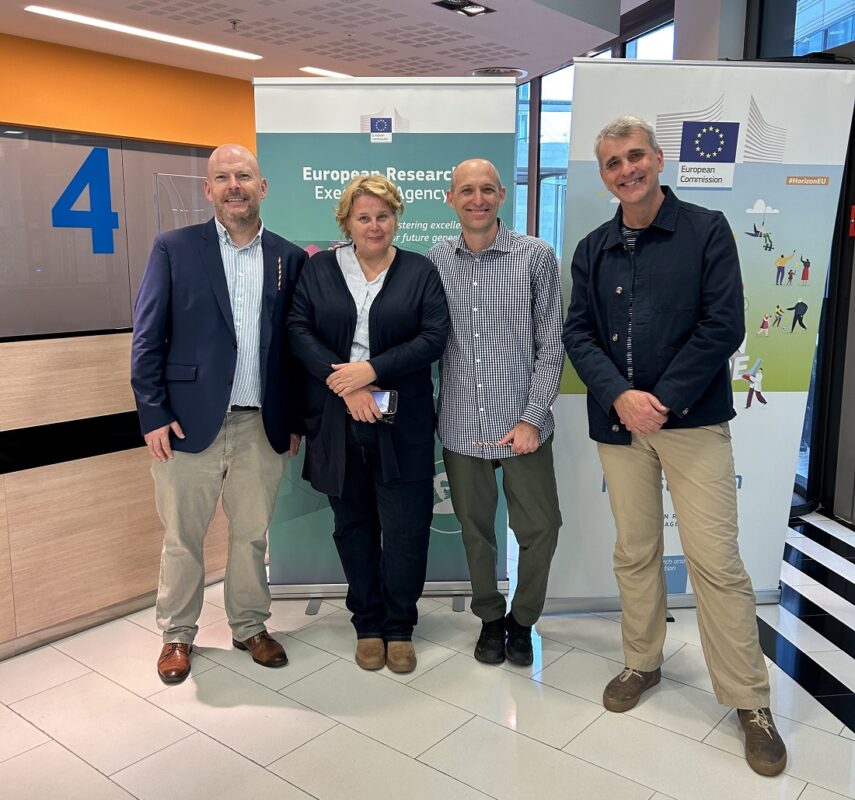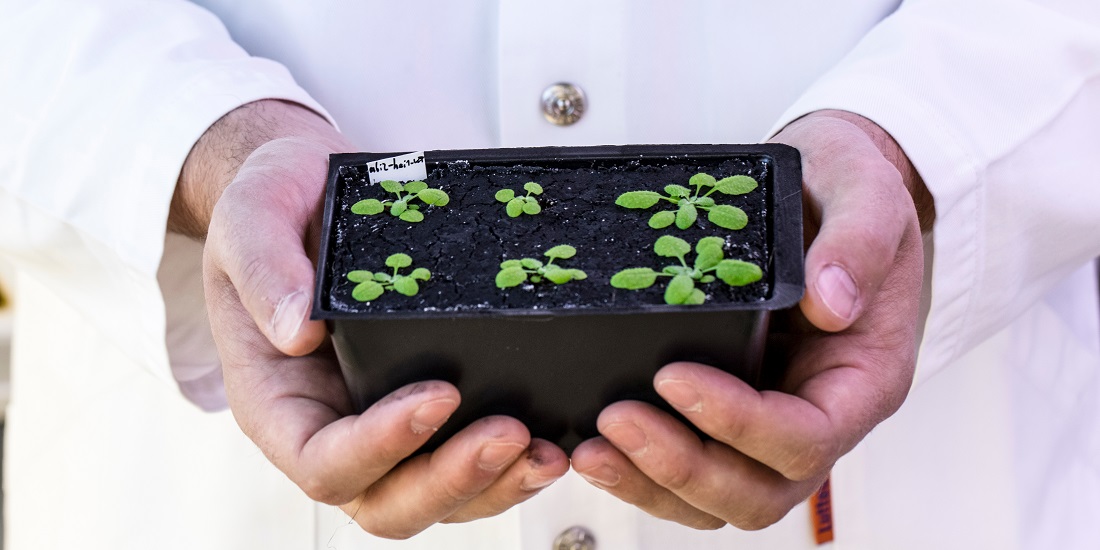Researchers get millions to secure food supplies
ERC grants an international research group EUR 10 million to study how plants cope with drought. NTNU contributes with expertise and advanced equipment.
Drought is a problem in large parts of the world. The very hot summer that much of Europe experienced this year proved that this could have major consequences.
“As the climate gets warmer, it is becoming even more important to understand how plants cope with drought,” says Thorsten Hamann, a professor at NTNU’s Department of Biology.
Drought causes crops to fail or poor yields. In turn, this can have major consequences for food supplies.
The European Research Council (ERC) is now supporting a group of researchers who want to find out more about the mechanisms behind plants’ reaction to lack of precipitation or irrigation.
For example, research can help identify plants that are more resilient.

Professor Thorsten Hamann collaborates with professors Christine Ziegler from Uni Regensburg in Germany, Eilon Shani from Tel Aviv University and Malcolm Bennett from Nottingham University. Photo: Thorsten Hamann, NTNU
Receiving EUR 10 million
In total, the research group will receive approximately EUR 10 million, or just over NOK 115 million in the form of an ERC Synergy Grant. NTNU will receive a quarter of this sum.
“For us at NTNU, this is a continuation of previous work,” says Professor Hamann.
They previously found that resilience depended on factors such as rigid cell walls in plants, and abscisic acid, a hormone that regulates drought adaptation in all terrestrial plants. The findings were presented in this article.
More about ERC grants
- The European Research Council (ERC) was established by the EU in 2007 and is the premier European funding organisation for excellent frontier research. Every year, the ERC provides funding to the very best, creative researchers in order for them to conduct projects based in Europe.
- The ERC grants are divided into: Starting, Consolidator, Advanced and Synergy Grants.
- This is part of the Horizon Europe programme.
International collaboration
The research is a collaboration between Hamann and professors Christine Ziegler from Uni Regensburg in Germany, Eilon Shani from Tel Aviv University and Malcolm Bennett from Nottingham University.
All of these researchers have extensive experience in the field. The support from the ERC will also make it possible to bring in new people who can contribute to the work.
“At NTNU, this will fund positions for two PhD students and a researcher,” says Professor Hamann.
One of NTNU’s main contributions is access to highly advanced equipment. The researchers will use Brillouin spectroscopy for their experiments. This microscopy technique is often used in materials science, but is also applicable in this field.
The research project will run for five years.






